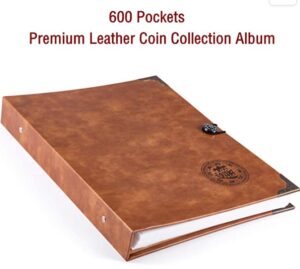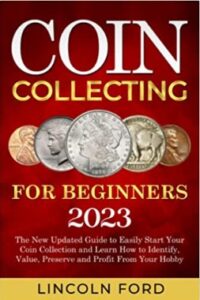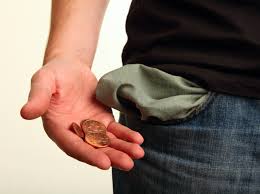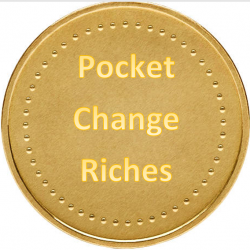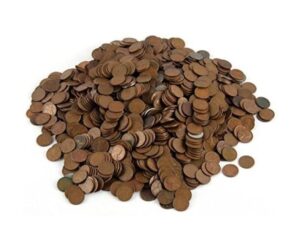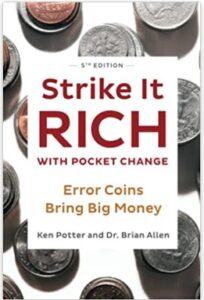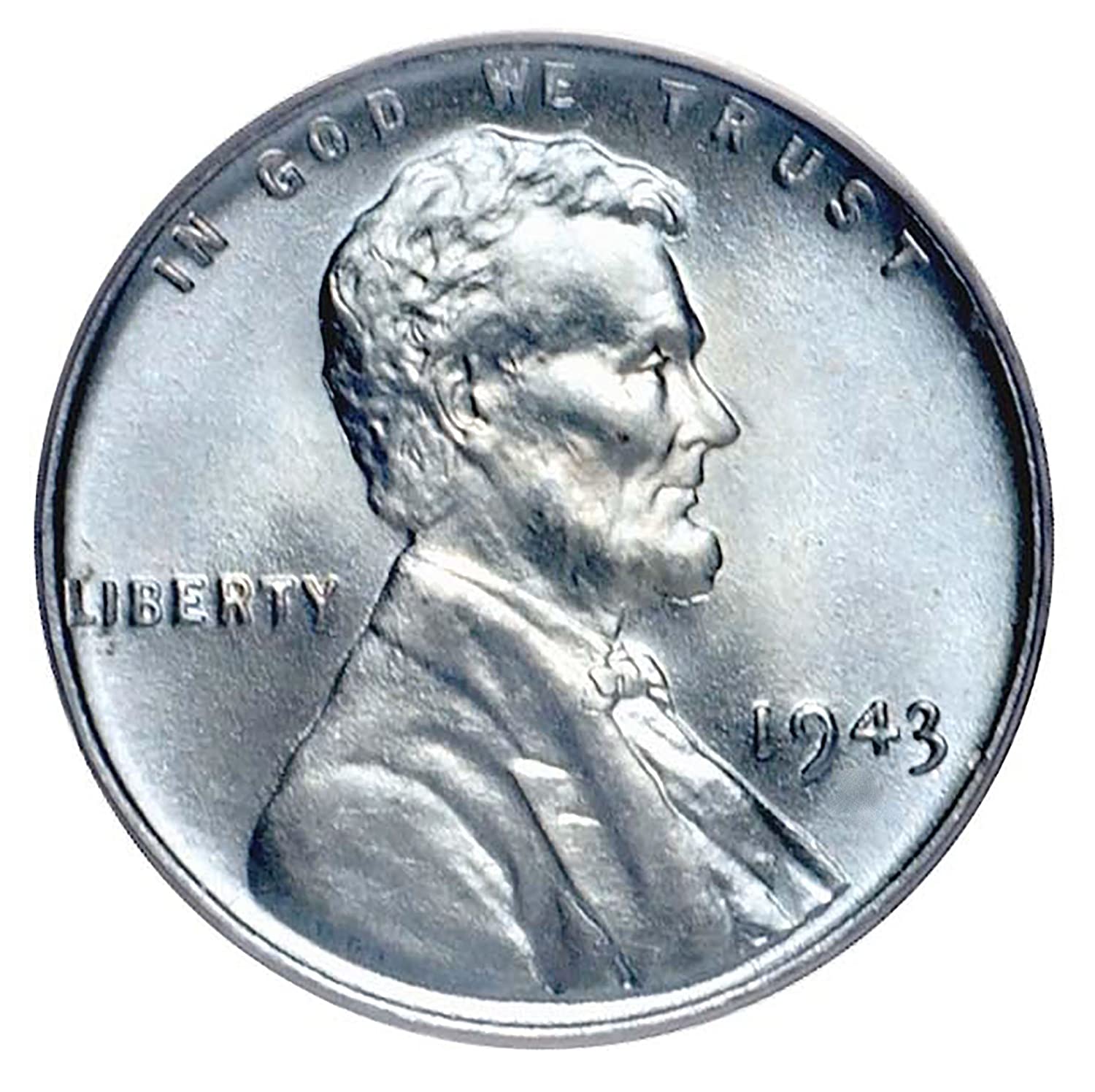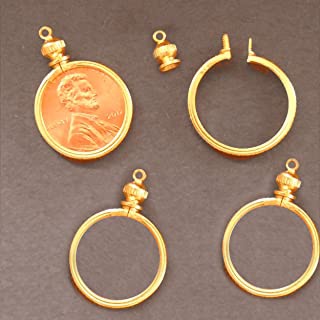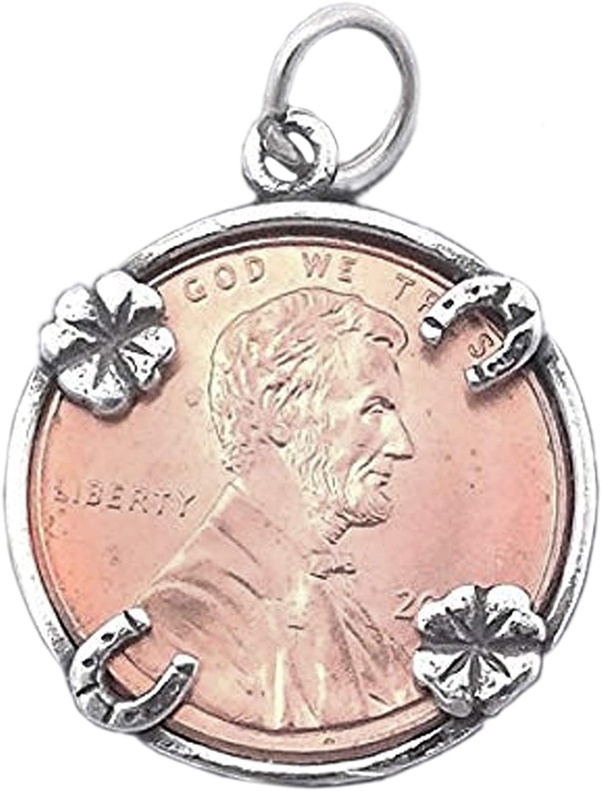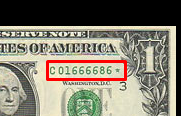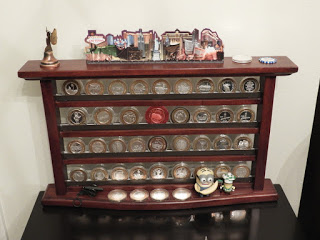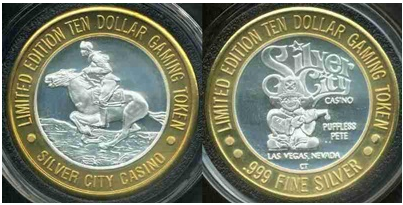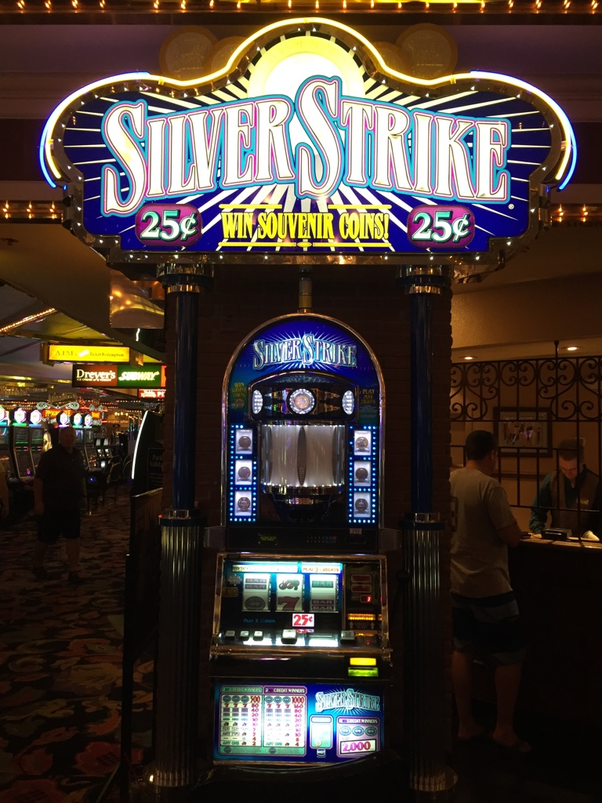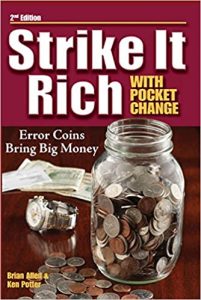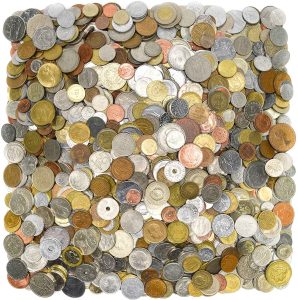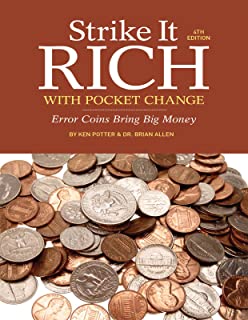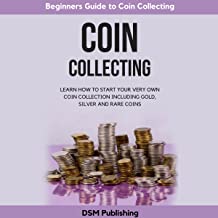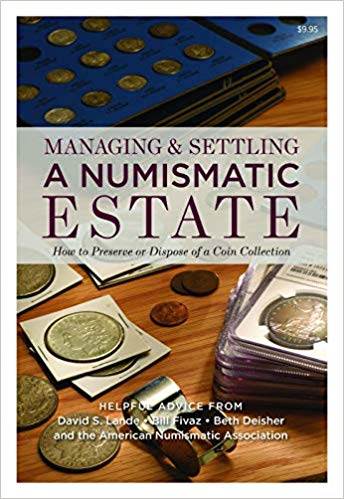If you have a substantial amount of coins, you should get them appraised. Some coin dealers routinely do this, for estates and insurance valuation/verification. since they are there to set the market value, and not purchase the coins, you should get a legitimate value.
Flips and coin collecting supplies are Available on Amazon and eBay.
Once you have an appraisal (or 2), you have to understand the market. Many people and dealers are looking to buy coins BELOW MARKET VALUE. Their business model is based on being able to sell their coins at a profit, and absorb minimal loss if the base metal prices drop or the market for specific coins changes. For example, if a coin dealer offers you $60 for a coin appraised at $100, he is factoring in the risk of losing money on the coin, if he cannot resell it at an attractive price between cost and appraised value. No coin dealer will give you market value for your coins; many may only be worth the base metal price, if they are silver or gold. Circulated and damaged coins are considered “culls”, and are worth base metal value, at best. They are usually too worn or damaged to have a premium to a collector. One caveat is if you have a unique or rare coin; a coin dealer may make a higher offer for it – especially if he wants to inventory it until it comes up in value.
Your fear is that you will be taken advantage of by a sharp dealer who will offer you a price that is (10–20%) of the actual value, based on your lack of knowledge. This is often done with Gold buyers, who often give very low valuations on gold to people who “just want to turn it into cash”.
Unless you have a collection of old and desirable coins, like Morgan Silver Dollars, Silver and Gold coins, and others – your collection may be a lot of circulated pocket change with some old or unique coins in the mix. Circulated coins do not carry the value of mint state or proof coins; Coins are graded based on wear, appearance, and overall condition. See How are coins graded? Graded coins have verifiable value and are usually sealed by the grading organization, PGS or NGC.
If you don’t want to be bothered, you could put the collection up for auction, but auctioneers take a portion of the profit to promote their auctions and get your coins sold. Same with eBay, etsy, and Craigslist sellers. The Auctioneers and other sellers need to appraise the coins as well; that cost is included in their fee, as they need to set the minimum value for auction or resale.
There are books on how to sell your coins, on Amazon and eBay.
If you have a teenager in the family, you could offer him/her a stipend or commission to sort and estimate the value of the coins, based on eBay and internet values, from sites like Coin Trackers. They will learn a valuable skill, and you will have a much better idea what the coins are actually worth. You will also keep the costs in the family.
To recap:
- Get an appraisal (especially if you have a lot of coins you suspect are valuable/collectible)
- Determine actual price, as a negotiating tool with buyers or coin dealers making offers.
- Consider engaging an auction house, eBay seller, or etsy coin shop to market your coins. Since they make a set commission, they are motivated to get you the maximum price
Thanks for the A2A! (this question originally appeared on Quora.
Disclaimer: I write about coins on my blog, Pocket Change Riches, and collect coins I find interesting. I am also an eBay top rated seller, although most of my sales are not coins or bullion.
Best of Luck with selling your collection!
